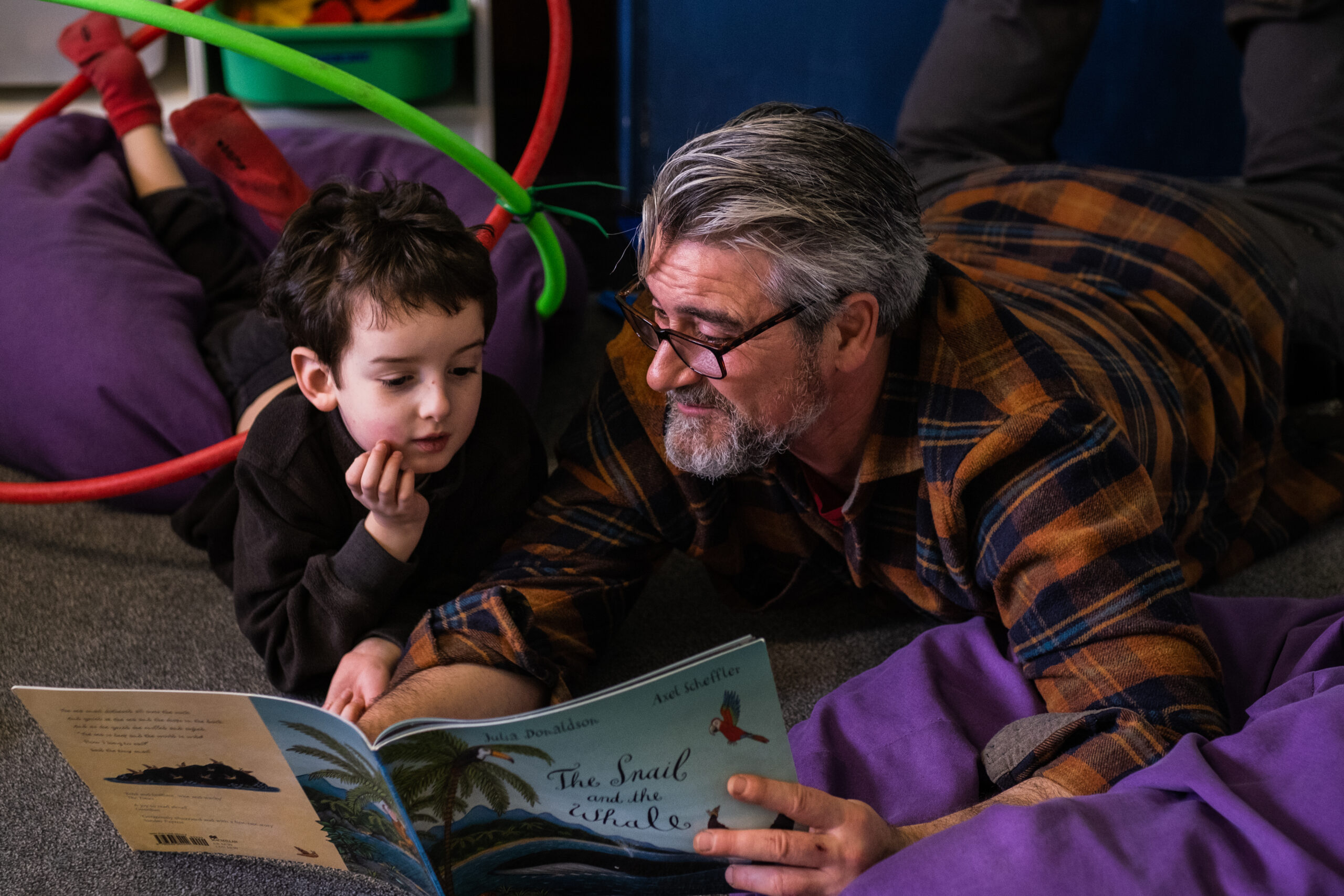
Roshan could not read, he was six years old. But he was surrounded by words through signs, road names, the books we were reading to him, and instructions in Minecraft that he loved playing.
“What is the name on this board?”, he’d ask looking at the road sign.
On one of his walks into the woods, there was a sign saying, ‘private property, no trespassing’. He was curious: “What does it say?”
“Can you please help type out “iron pickaxe’?”, he would ask someone when he was playing Minecraft.
“Can you please text my friend that I am bringing my sword in tomorrow”, he’d ask me.
Whether it was reading a book, texting a friend or playing Minecraft, he would need the skills to read but he was happy to simply seek help. The need to learn to read wasn’t bigger than what it was worth to him.
Then suddenly, one day it was!
He started learning the names and sounds of the alphabet, he became curious about phonics and memorising the shapes of common words.
And whilst this process might have taken some time in his world, for the people outside his world it might have seemed like an overnight thing. But he did not start reading overnight.
So what changed?
To be honest, he grew older; he grew more curious. His brain was developmentally ready for it. The only help he got from others was in answering his questions. Nobody made him sit down and coerced him into reading, or shamed him for being behind.
This is what self-directed learning can look like. As an adult, you hold space, you answer questions or help them find answers. You watch them go through the process and trust that children have an innate appetite for learning and that you couldn’t stop them from learning even if you wanted them to when words are all around them, when knowledge presents itself to the children in the real world all the time and when that knowledge is a basic skill required for our optimum survival.
Roshan is still learning to read bigger words but right now he is happy with what he can read and how much he can read.
And every day when his dad reads to him he’s more curious: “Where does it say the word ‘pirate’? “What does the word ‘schooner’ look like? With positive examples of literacy and curiosity around him, his capabilities are starting to expand naturally and with enthusiasm.
As a staff member, parent and long term home-educator I am well aware that this isn’t everyones expierence and that some children find learning to read harder than others. However, I see this curiousity-led process happen at EKS all the time and know that when time is not a factor and pressures are off children are capable of achieving anything.
